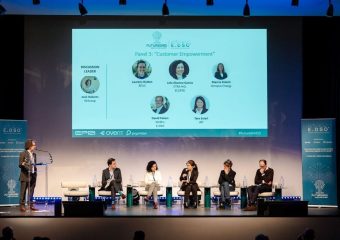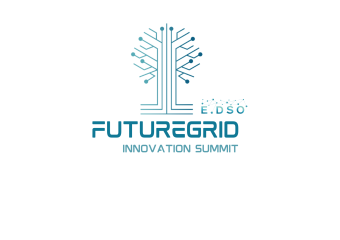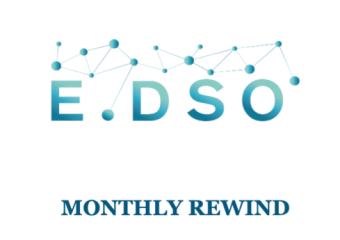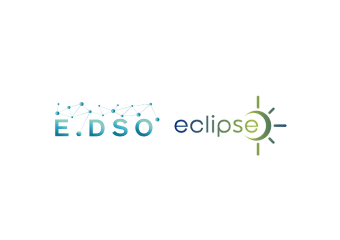EDSO workshop on flexibility: stakeholders discuss challenges and opportunities for distribution grids
EDSO hosted today a workshop that gathered more than 100 participants to reflect on “Rethinking distribution grids: future DSOs’ roles in active system management through flexibility”. In the context of the energy transition that is profoundly transforming the distribution system, flexibility is undeniably becoming a critical asset for distribution system operators.
Flexibility has the potential to unleash consumer participation, increase the smartness of distribution networks, and allow for a higher, more efficient integration of decentralised energy resources. However, due to the growing complexity arising in the system, the use of flexibility operations can also pose some challenges requiring more visibility and coordination by the DSOs.
Introducing the workshop, Richard Vidlička, CEO of ČEZ Distribuce and Board Member of EDSO highlighted the role of DSOs as an interface between customers and the market, which should enable a change in the energy system and facilitate new flexibility tools. Jesse Scott, analyst at the International Energy Agency, presented the IEA’s report on digitalisation of the energy sector and gave an outlook on the developments to expect in the next 20 years, such as a drastic increase in active customers and smart appliances. In the last keynote speech, Manuel Sánchez Jiménez, Team Leader Smart Grids at DG Energy, recalled the European Commission’s key messages on the Clean Energy Package, among which are the establishment of a DSO Entity and DSO access to flexibility.
The first session, moderated by Luis Cunha of EDP Distribuição, was dedicated to the challenges that emerge from the deployment of flexibility in distribution systems. Joaquín Cabetas presented the experience of Iberdrola Distribución Eléctrica, reminding that DSOs should be allowed to use the most efficient solutions to solve local constraints. Presenting the EU-funded Flexiciency project, Laura Marretta of Enel drew the participants’ attention to a potential solution for an EU-wide flexibility market place.
The panel debate that followed started by a reminder: there is no doubt flexibility will become a key tool in the energy transition, particularly as the system becomes more volatile and networks will need to cope with an increasing fluctuation of energy flows and load. In this context, DSOs must fully take up their role of neutral market facilitators. Panellists also agreed that DSO/TSO cooperation will also be crucial to thinking more in term of system needs rather than silo approaches.
But flexibility is not a uniform tool, it can be obtained through a wide array of solutions and products. Therefore, the need for standardisation was also highlighted, as well as the need for cost-efficient solutions adapted to each situation. Last but not least, the panel also raised the issue of financing the smart grids.
The second session, moderated by Torsten Knop of innogy, focused on the opportunities brought by flexibility in the distribution sector. Again, two projects shared their experience: SmartNet was presented by Daan Six, from VITO/EnergyVille and the USEF models by Paul de Wit, from Alliander. The first one proposed various coordination schemes for TSO/DSO cooperation while the second one aims to provide a framework for interactions between stakeholders, keeping an adaptable approach to the various problems that can be solved by flexibility.
The opportunities brought by flexibility were also thoroughly discussed in the panel debate, which started by recalling that regulation should allow the development of new markets for flexibility products. Market participants in the panel estimated that products for distribution networks will start to be rolled out in the coming years.
Various regulatory perspectives were debated, such as technological neutrality and the need to reward technologies that are adapted to each situation. From a regulatory point of view, participants also agreed that incentivising the use of flexibility by the DSO and TSO will be key, and that they are focused on buying and not selling flexibility. DSO/TSO cooperation, notably on the standardisation of products and system needs, was again highlighted as one key element.
In his concluding remarks, MEP Davor Škrlec recalled that the importance of flexibility stems from the need to increase the share of renewables in the electricity system. He said that with consumers at the centre, more flexible networks were needed, especially at the low-voltage level. At the same time, he appealed to everyone to carry the energy transition into their respective home countries and promote the new technologies that go along with it.
All presentations are available here.







